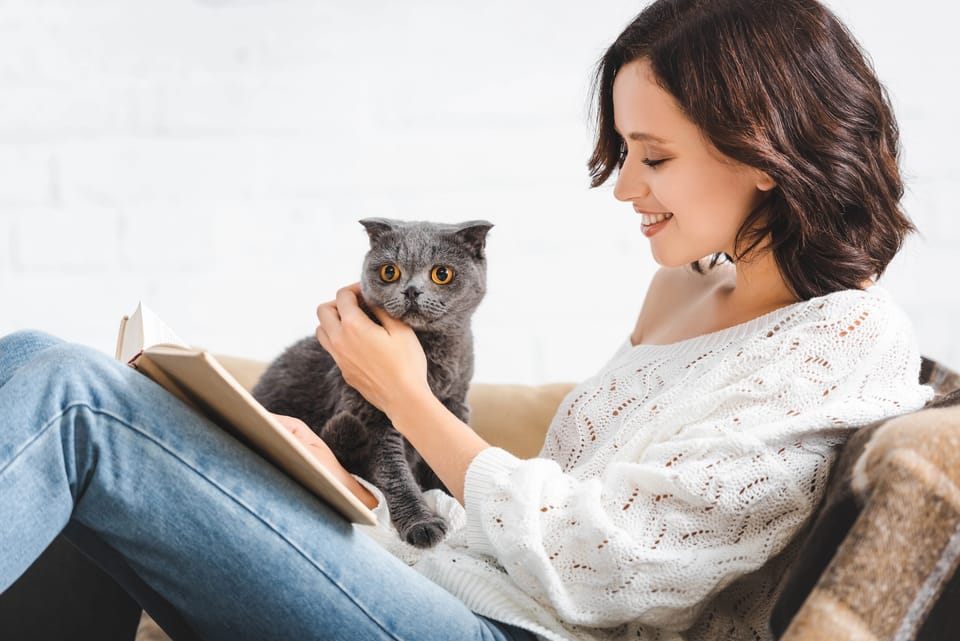How ‘Oppression Olympics’ Harms Us All
Why must we fight each other?

It’s a primal instinct for humans to compare ourselves to one another.
But this can be destructive and unhealthy.
Have you heard of the term “Oppression Olympics”? It’s about comparing who is the most oppressed, in terms of race, gender, sexual orientation, poverty, disability, etc.
At first, I saw this term as a pejorative. Like bigots making fun of minorities and minimizing our struggles.
But later, I read this insightful article by Sam W.. She pointed out that the Oppression Olympics can happen between minorities, too.
Minorities putting each other down?
In my queer Asian youth group, someone said, “Oh, when those cis white gay men think they’re so oppressed.”
Some of the other queer Asians groaned and rolled their eyes in agreement.
Wow, I was dumbstruck. They out of all people should know that homophobia is still alive, even in our progressive city of Toronto.
Sure, the guy would have cis, white, and male privilege. But he still has to deal with homophobia.
Earlier, I asked the group in my naivety, “Who is more oppressed? A gay man or a straight woman?”
A peer said gruffly that it’s not a competition and we shouldn’t compare.
Looking back, I can understand why she was grumpy. But she seemed to always be mad at me in particular, so while I stayed polite, I was miffed too.
There’s a ground rule in LGBTQ+ support groups that many people seem to forget: We have to respect that we’re all at different stages in our learning journey. What’s obvious to you, may be new to someone else.
At the time, my peer was much more knowledgeable than I was in social justice. I was still a noob, so to speak.
She might have been upset at my lighthearted attitude, since it was an intellectual curiosity for me rather than something more emotional and personal.
I identified as neither a straight woman nor a gay man…So I felt some degree of detachment as an outsider. I’m nonbinary and at the time identified as bisexual. Long story.
So her upset is understandable, but my confusion (and later pissed off mood) was also understandable.
I can’t help but wonder if this difference in learning stage, is the reason behind many conflicts like this.
Somebody is ill-informed about social justice, so they don’t know that it’s bad to compare and unwittingly erase each other’s struggles.
The problem stretches beyond diverse identities
I remember a guy who was wrecked after his breakup.
But his grandpa chastised him, because unlike his granddad, this guy has never gone to war. So he has no right to be upset over a mere breakup.
The guy sobered up and agreed that he shouldn’t be depressed over his lost relationship when others have lost their lives.
Damn…This isn’t about Oppression Olympics, since war veterans and jilted lovers aren’t considered minorities. But it’s the same logic.
Someone else has it worse than you, so you should be ashamed of yourself for crying over your petty problems.
That’s terrible.
Heck, it reminds me of what some friends have muttered. “Rich people don’t have problems!”
Are you serious? Of course they have problems!
They may not struggle to pay rent and get enough food, but they could struggle with health problems, marital conflicts, unhappiness with their job, abusive family, or something else.
Heck, believe it or not, some rich people are also queer, trans, POC (people of color), or female. So yes, rich people can suffer from homophobia, transphobia, racism, or sexism, too. Just because they’re rich, doesn’t mean they’re not allowed to talk about their suffering.
Unexpected Oppression Olympics
At a queer comedy show, a trans female comedian joked about the straight white male jocks she crushed on in high school.
Then she made fun of their dyslexia and other learning disabilities. The audience laughed but I felt uncomfortable.
I understand wariness towards straight white male jocks, especially if they were horrible towards you or others. But it wasn’t cool to make fun of somebody’s learning disabilities.
It doesn’t matter that they were “top of the tower” otherwise with being straight, white, male, and athletic.
In fact, is it just me, or do mental disabilities such as dyslexia just get shoved aside nowadays? Even though we know that people can suffer a lot from these disabilities?
It’s intersectional. Someone may be in the dominant group on some things, and the oppressed group on some other things.
This isn’t a competition over how many “minority cards” you have. I could “brag” about being POC, queer, trans, nonbinary, autistic, ADHDer, and some other minority statuses.
Yet, I’m also financially privileged, with a master’s degree that gives me a license to do what I enjoy — psychotherapy.
I also live in a country where healthcare coverage is generous even if you have no private health insurance. Moreover, I have a big social support network, with good friends and confidants I can trust.
In some other examples, I know cis straight white men working minimum wage jobs. In contrast, I know a gay Asian trans nonbinary person who is a college professor.
There are many more examples like this, where we’re privileged in some ways, and less so in others.
Our struggles are all valid, no matter where we are. We don’t need to shut down other people, and they don’t have the right to shut us down, either.
I look forward to a day when we won’t feel any need to one-up anyone else in their suffering.
Maybe there will always be such strife, pettiness, and bitter competition between human beings, who knows. But we should still put in the effort to do better.
What do you think? Do you agree that we should learn not to make light of anyone else’s struggles, even if your problem may technically be worse?



